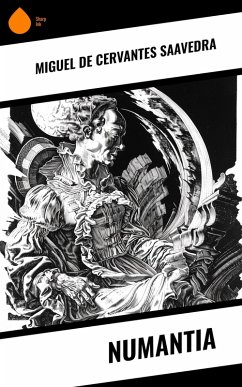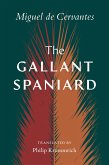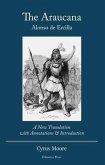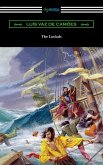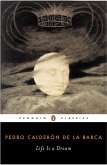In "Numantia," Miguel de Cervantes Saavedra presents a compelling dramatization of the historic siege of the Iberian city of Numantia during the Roman conquest. This work exemplifies Cervantes's rich narrative style, blending lyrical poetry with dramatic dialogue, allowing the emotional depth of its characters to resonate against the backdrop of war. The play explores themes of valor and resistance, positioning heroism as a multifaceted condition under the weight of inevitable tragedy. Written in the early 17th century amid the decline of Spain's Golden Age, "Numantia" reflects both the cultural nostalgia for a resilient past and the complexities of the human spirit confronting overwhelming odds. Cervantes, often heralded as the father of modern literature, crafted this play following his own tumultuous experiences as a soldier and prisoner during the battles of the Spanish Armada. His life, punctuated by struggles against authoritarian powers and the search for freedom, profoundly shaped his perspectives on honor and sacrifice. This autobiographical resonance is palpable throughout the text, showcasing his deep empathy for those who fight for autonomy and moral integrity. "Numantia" is a must-read for anyone interested in the interplay of history and human emotion. This powerful retelling not only deepens one's understanding of classical theater but also provides insight into the historical and cultural milieu that influenced Cervantes. Readers will find themselves captivated by the gripping narrative and its timeless exploration of courage against insurmountable odds.
Dieser Download kann aus rechtlichen Gründen nur mit Rechnungsadresse in A, B, BG, CY, CZ, D, DK, EW, E, FIN, F, GR, HR, H, IRL, I, LT, L, LR, M, NL, PL, P, R, S, SLO, SK ausgeliefert werden.

